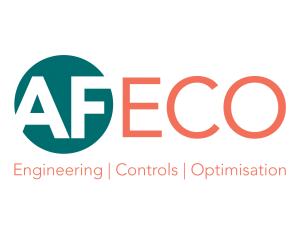Pilmico pig farm anaerobic digestion
Client: Pilmico Animal Nutrition Corporation
Location: Tarlac, Philippines
Service division: Optimisation, Engineering
Sector: Waste, Water
Pilmico Animal Nutrition Corporation own and operate a number of pig farms including a farm in the province of Tarlac in the Philippines which treats its own wastewater and slurry in dedicated anaerobic digester (AD) lagoons and uses the biogas produced by the process to generate electricity for use on-site. Since installation and commissioning, the performance of the AD and generating engines at one of the farms has been less than that anticipated by the design and Pilmico were keen to identify the reasons behind the underperformance and understand what measures, if any, could be taken to improve the situation.
AFECO were appointed to undertake a review of the pig farm operational practises, asset configuration, AD performance and generating engines to assess where possible improvements could be made and highlight any reasons for the underperformance. AF ECO carried out a site visit to the farm and used this visit together with background design information and operational data to fully analyse the plant performance. A process model of the site was composed and used to assess actual performance data and the original design data against the theoretical performance. The modelling highlighted that the original design significantly over-estimated the expected biogas production and that the current biogas production was, in fact, well in line with the theoretical expectations. As a result the generating engines were also over-rated and the down-turn required reduced the engine efficiency. A review of the engine specification also revealed their unsuitability to operate on biogas which potentially lowered the efficiencies even further.
The review highlighted a number of potential improvements that could be implemented to enhance the system performance. These improvements included modifications to the condensate trap to remove the moisture present in the biogas prior to entering the engines, improving their efficiency, and improvements to the existing sand/grit trap prior to the AD lagoon. A conceptual design and CAD drawings for the condensate trap and sand trap modifications were produced to accompany the report.
In summary, the review undertaken by AFECO avoided the need for costly modification works to the pig farm AD plant by demonstrating that the digester performance was in line with expectations and operational staff were carrying out their role effectively. The plant modifications recommended were simple and cost effective with the impact of sustaining the long term performance of the plant.
The services provided by AFECO included:
- Site investigations
- Process modelling
- Process optimisation
- Feasibility report
- Conceptual design
- CAD drawings

